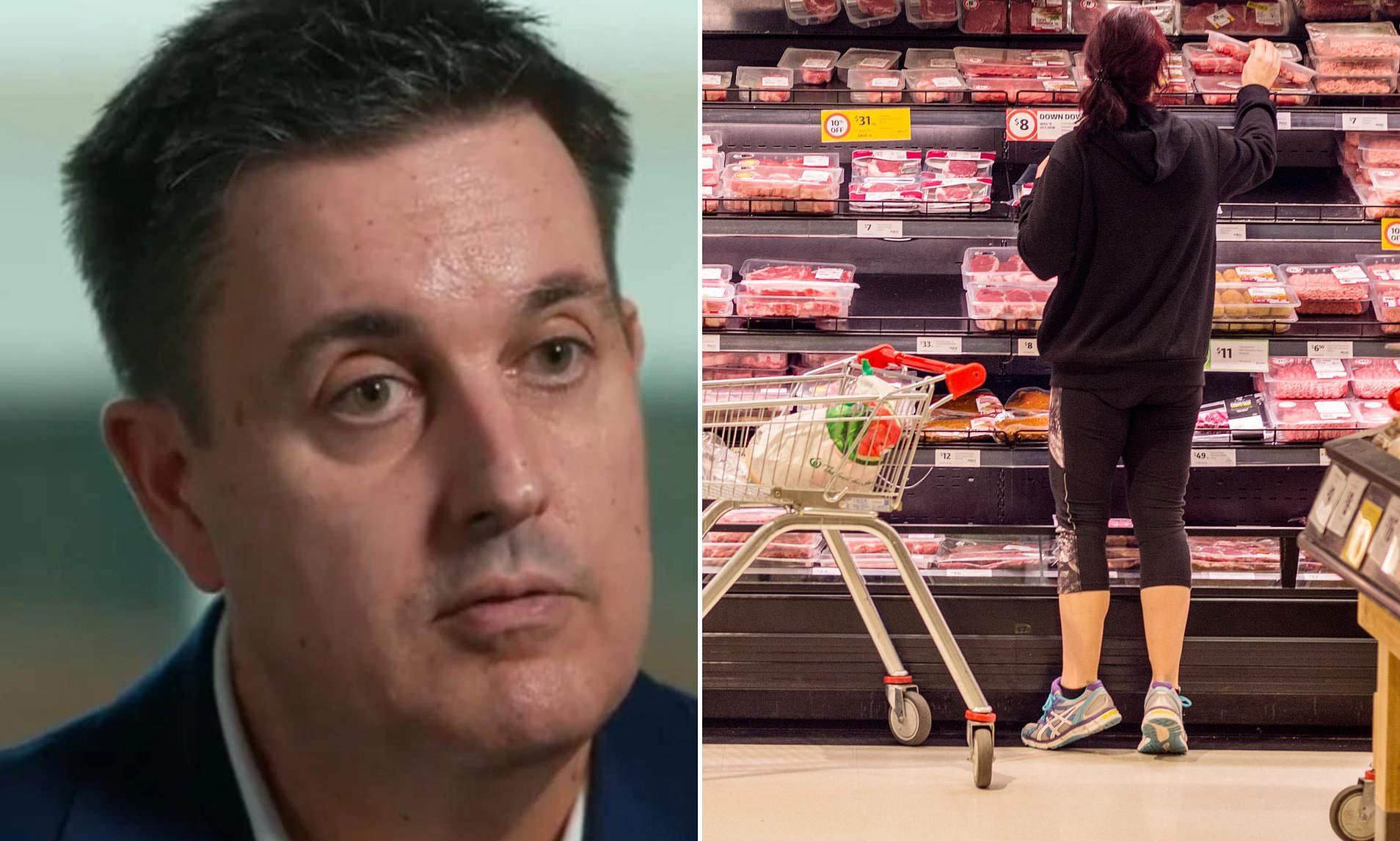
The Debate Over a Major GST Increase
The idea of increasing the Goods and Services Tax (GST) in Australia has sparked significant debate, with economists and politicians offering differing perspectives. Richard Holden, an economist from the University of New South Wales (UNSW), has been a vocal advocate for this change, despite the current government's stance against it.
Holden, alongside federal Teal MP Kate Chaney, has proposed raising the GST from 10% to 15%, a move that would mark the first increase in the tax's 25-year history. This proposal includes expanding the GST to cover fresh food, education, health, childcare, water, and sewage. To mitigate the impact on lower-income households, the plan suggests a $3,300 annual rebate for all taxpayers, effectively reducing the tax burden on the first $22,000 of spending.
Holden argues that the current tax system is in need of a comprehensive overhaul. He emphasized that the proposal aims to provide a return to taxpayers while addressing long-standing issues within the economic framework. According to costings, the increased GST could generate an additional $24 billion annually for the government, which could be used to reduce debt or fund other services and potential tax cuts.
Economic Implications and Public Reaction
The proposed changes have mixed implications for different income groups. Some estimates suggest that low- and middle-income earners could see an annual benefit of up to $371, while the top 20% of earners might face an additional cost of over $2,200. Despite these figures, the government has remained cautious, with Prime Minister Anthony Albanese expressing no interest in revisiting the GST at this time.
Albanese’s position aligns with his previous statements opposing any changes to the tax. However, Kate Chaney has urged the upcoming Economic Reform Roundtable to consider the proposal seriously. She highlighted that Australia's GST rate is among the lowest in OECD countries, suggesting that aligning it with other nations could enable personal income tax cuts and help stabilize the budget.
Chaney criticized the political reluctance to address tax reforms, stating that while many are eager to discuss tax cuts, the necessary financial backing must come from somewhere. She defended the annual rebate as a way to return a portion of the GST rather than a bribe, emphasizing the importance of transparency in such discussions.
Expert Opinions and Government Responses
Dr. Holden, along with UNSW professor Rosalind Dixon, presented a paper advocating for a "progressive GST" that could ease the pressure on young workers. They argue that increasing the GST would allow for reductions in personal income taxes while maintaining government revenues. The proposal also claims to boost economic dynamism and productivity, with positive intergenerational effects, as younger Australians are more affected by personal income taxes.
However, not all experts support the idea. Assistant Treasury Minister Andrew Leigh dismissed the proposal, stating that the government does not currently have plans to change the GST. He noted that there are more efficient taxes available and that the GST has not been central to recent productivity discussions.
Opposition finance spokesperson James Paterson echoed concerns about the feasibility of expanding the GST to include insurance or private education fees. He referenced the Howard government's approach, which recognized that individuals investing in private health or education were already easing the burden on public services. Therefore, taxing them further would be unjust.
Conclusion
The debate over the GST highlights the complex challenges of balancing economic reform with public sentiment. While some see the potential benefits of a higher GST, others remain skeptical about its practicality and fairness. As the government prepares for the Economic Reform Roundtable, the discussion will likely continue to shape future policy decisions in Australia.
